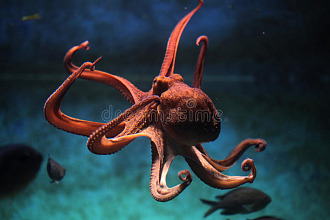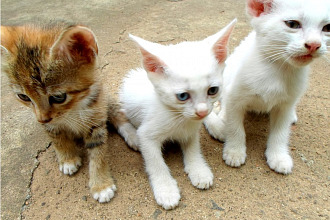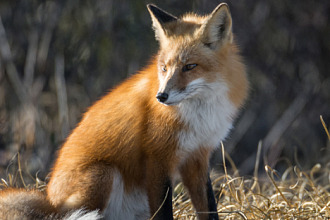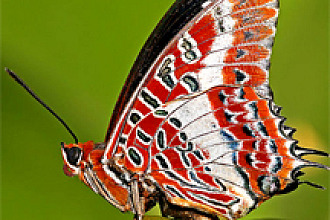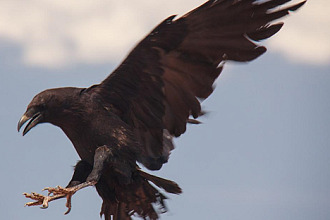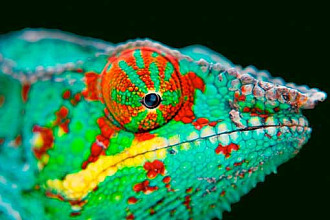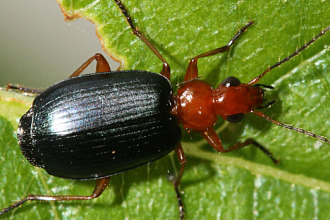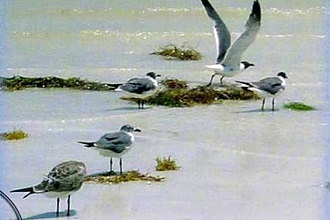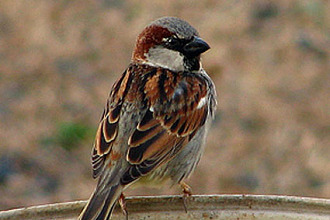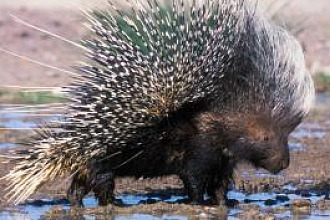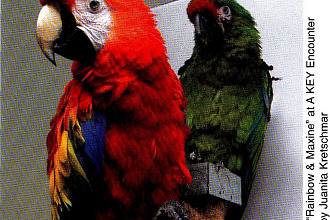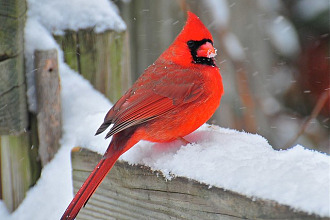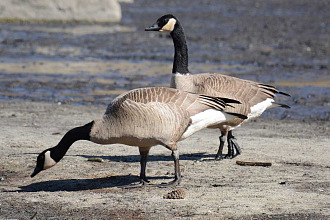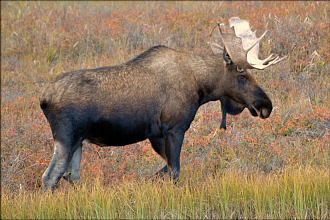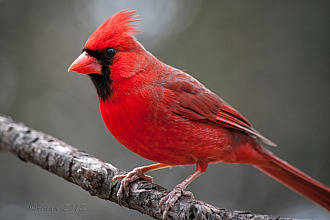Different varieties of shrikes are found in many countries. Endemic to the USA is the Loggerhead Shrike...who bears acquaintance! Amazing, disgusting, delightful...take your pick!
In spite of their having been labeled a “butcher” bird, today I found affection growing within me for a little 9-inch-long shrikes, as I discovered some not-by-accident reasons these robin-sized predatory songbirds behave as they do. First, they were given bills that have a hook on their upper mandible, exactly as well-known predatory birds have been given. But they do not have the strong feet and talons that larger birds of prey use as weapons.
So, yes, the shrike can grab a grasshopper with that hooked beak, and with a strong bite can break its neck or bite through the backbone of small invertebrates like a mouse or lizard--dispatching them quickly. However, often, instead of eating their prey immediately, not by accident the shrike grabs its prey and impales it on a thorn or the barb of a wire--which holds it firmly in place as he rips it into bite-size pieces. Or he will use the sharp thorn to store it as one would hang up a piece of meat in a pantry, keeping it readily available for later ingestion in an easily convenient size.
But why put their stored items on display in this way? One clue can be found where there are “lubber” grasshoppers, which carry toxins in their bodies. Studies have shown that it takes only one to two days after the death of that grasshopper for the poison in its body to be rendered ineffective. Obviously it is the genius of the shrike’s Creator who gave understanding at some level to the shrike so that not by accident they “hang the grasshopper up” and wait to consume their prey until the poison has been rendered useless and the stored cache is fit for consumption.
The loggerhead shrike is found year-round throughout the United States and its name comes from the size of its head being much larger proportionately to its body compared with other birds. I thought the strip of black feathers, like a mask over its eyes and around its face, adds to the attractive appearance of this songbird that is already dressed in the near formal attire of black and white. However, it was in learning of the courting dance of the monogamous male before his female that the shrike really showed me his special talents.
He will make sure he exhibits his well-stocked cache of stored food to her as evidence that he is prepared to provide for a family. (At times, however, the male gets the female’s attention by also presenting colorful inedible items among the items of digestible food in his cache--and I wondered if it were possible that he understood that not everything about romantic appeal to another creature has to be practical!) In addition, in his ritualized presentation dance, while demonstrating his resources, he also goes through the motions as though he was skewing an item of food onto a barbed wire and then he will actually feed her right then. Not by accident--he demonstrates ability to provide, since in reality he must feed her later on during the actual nesting period.
Now the call of all songbirds isn’t always lovely. A shrike sings out with chirps but also some grafting noises. Obviously the Creator gives each of His creatures different gifts. And not all birds dress in black and white quasi-formal attire like he does. Not all go through elaborate ritual mating dances. Not all have a hook at the end of their beaks! But each, not by accident, has what it needs. And each creature--whether it makes the grafting sound of a shrike, or has a melodious human voice, can find a way to thank our awesome God for His gifts--like the ability to know when food is edible, and when it is not!
And we can all praise Him finally for the gift of life!
"NOT BY ACCIDENT" (c) Juanita Kretschmar is used by permission and was first published in newsletters about A Key Encounter, a Key West, FL, Creation-based, educational tourist attraction. Go to www.akeyencounter.org for additional information, To receive the free newsletter write: AKE, PO Box 177, Big Pine Key, FL 33043








